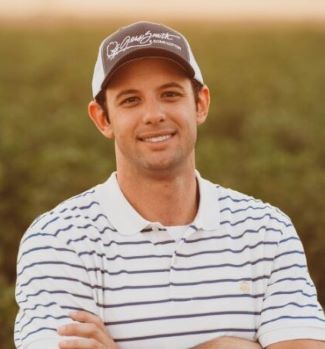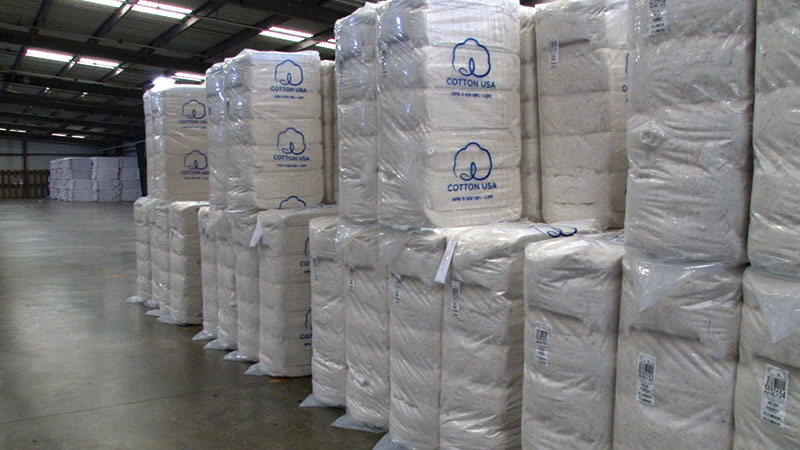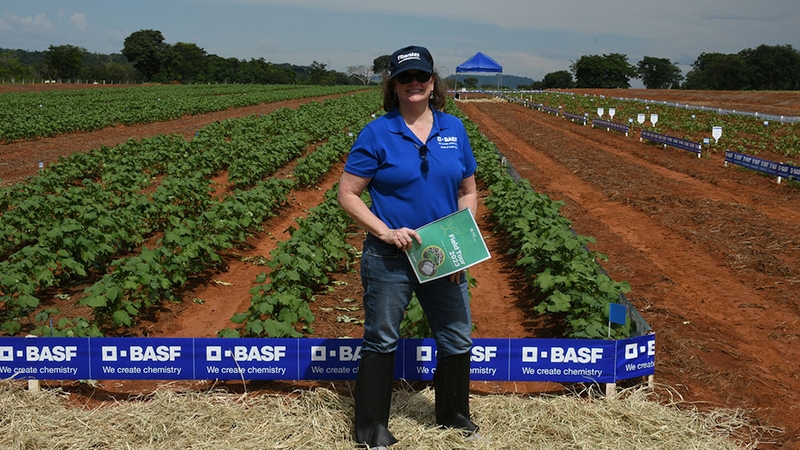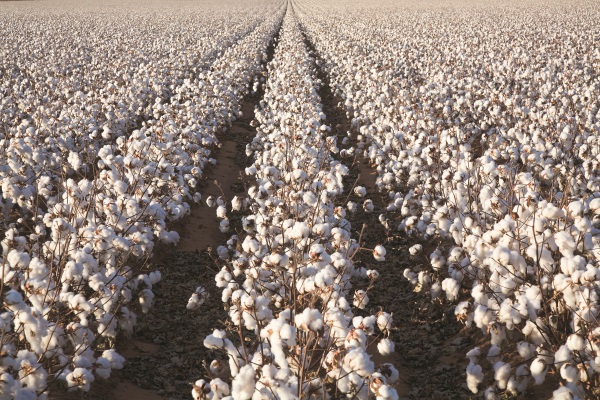Sustainability is More Than a Buzz Word
 (Photo: Derek Julian)
(Photo: Derek Julian)
Long before the term became popular, cotton farmers knew the best way — the only way — to stay in business was to sustain themselves and their farms, according to Derek Julian, Southwest Grower Manager at Jess Smith & Sons Cotton in Bakersfield, CA.
“For farmers, sustainability goes beyond monetary incentive and social acceptance. It’s a way of life that expresses our love of agriculture by showcasing our talents in preserving and enriching our farms for future generations,” Julian says.
“By all metrics, cotton better supports the sustainability initiative than the use of synthetic materials,” he points out. says. “Farmers do not want to spend money on additional resources or added practices when not needed to gain higher yields on their crops.”
He knows from experience. Julian began his career like so many other successful people in the industry — on his fifth-generation family farm in Arizona.
“Being part of a farming family, working on the farm at an early age, and growing up surrounded by a network of extended family and friends who were not only involved in a sector of agriculture but shared a passion and pride for ag, was an invaluable perspective and start to my career,” he says.
Julian majored in crop production at Arizona State University and mastered in global product management. After graduation, he decided he wanted more experience, so he set out to work for a variety of farms — from small to large corporate farming companies — on both sides of the country. In addition to cotton, he also learned to grow crops such as lettuce and watermelon, all while integrating his knowledge of operations, management, and finance.
Julian has successfully transitioned from the growing/producer side of the business to the merchant/buyer space. When seeking solutions for his grower customers, he pulls from a mix of diverse experience, education, hard work, and creativity.
“My time on my family’s farm has yielded dividends in my career, and I continue to draw on it daily. But diversity in my agricultural pursuits is what I believe ultimately best connects me to each individual grower’s needs,” he says.
Always Learning
At Jess Smith & Sons, Julian is responsible for grower contract negotiations, grower relations, and day-to-day management. He also brings on new growers.
“My territory stretches from Arizona to the Delta,” he says. “As part of my relationship building with growers, I find it critical to inform them of the ongoing dynamics of the market and emerging farming practice, which requires continuous education and emphasis on remaining a student of the industry. Understanding crop pricing and cost-benefit analysis on any given crop throughout the year is important, but ensuring I provide context and thought leadership on any deal to Jess Smith & Sons grower community is where I share and find value.”
Two years into his career at Jess Smith, Julian attended ACSA’s (American Cotton Shippers Association) International Cotton Institute program at the University of Memphis. The program offers basic education in all aspects of the cotton industry and international business. During the program, Julian participated in the Institute’s essay contest, sponsored by Cotton Grower.
“Having been deeply involved in the production side of agriculture, I felt it necessary to further invest in my education by gaining insight from other cotton industry professionals on the end-to-end supply chain of the business,” he says.
“The program was not only a good refresher of my prior education but delivered new perspectives from guest speakers from around the world.”
Looking Ahead
When asked what advice he would offer the next generation of cotton growers, he says, “Learn the cotton industry from the ground up, leverage and apply your unique, individual talents, intentionally network, layer on hard work, and be open minded. Seek out new ways to create value in a well-established industry like cotton.”









